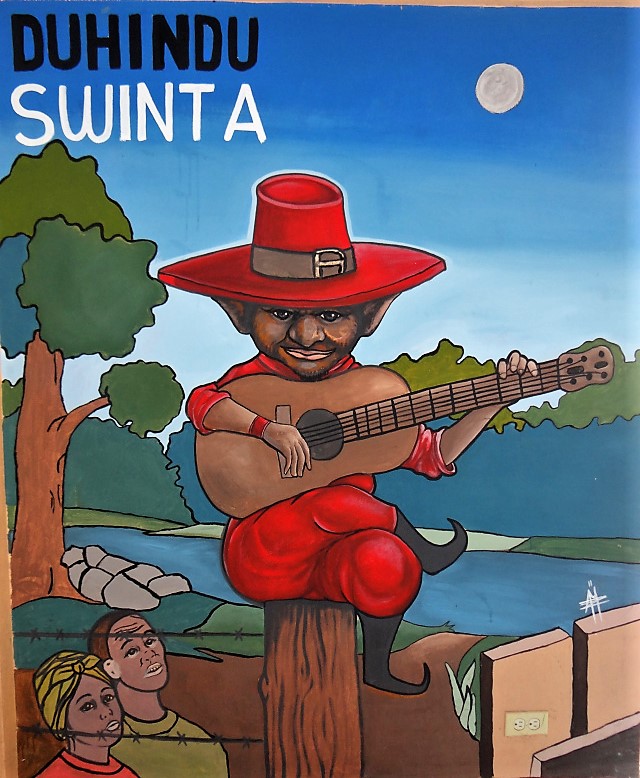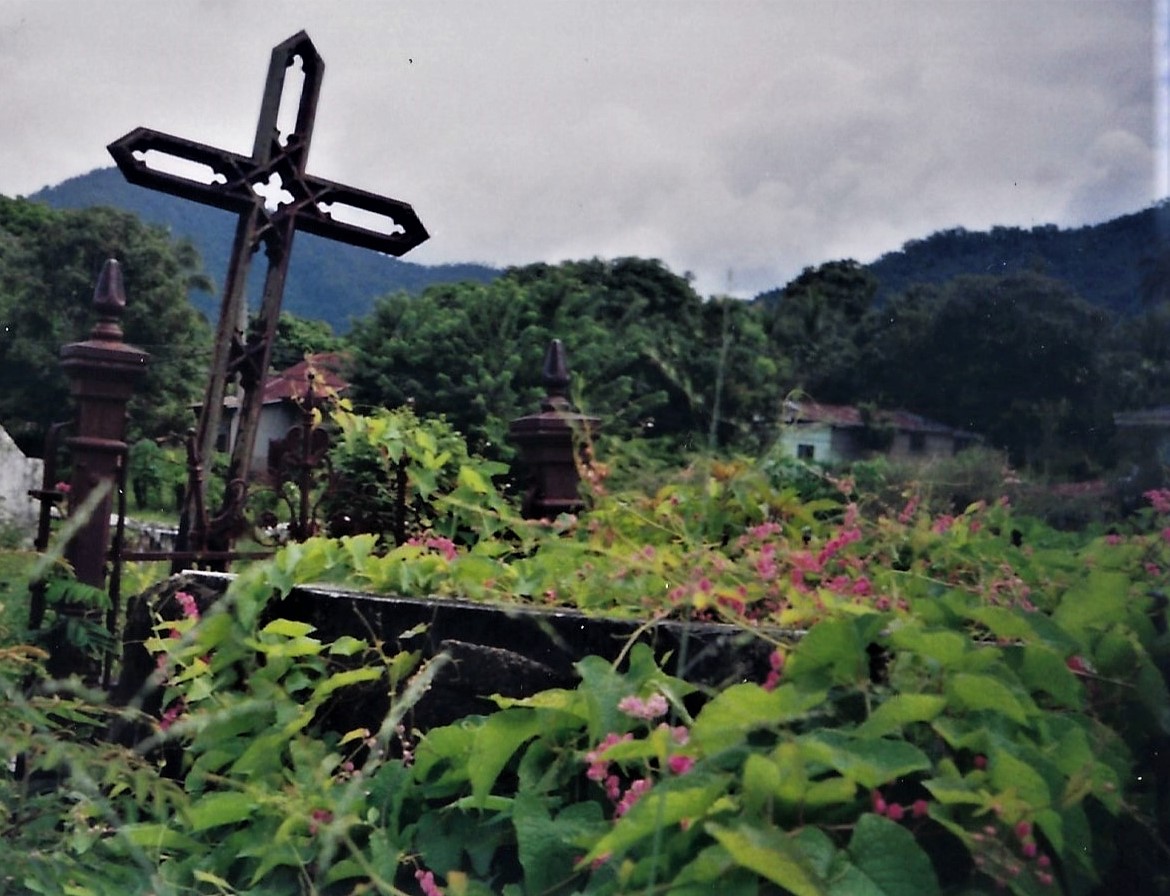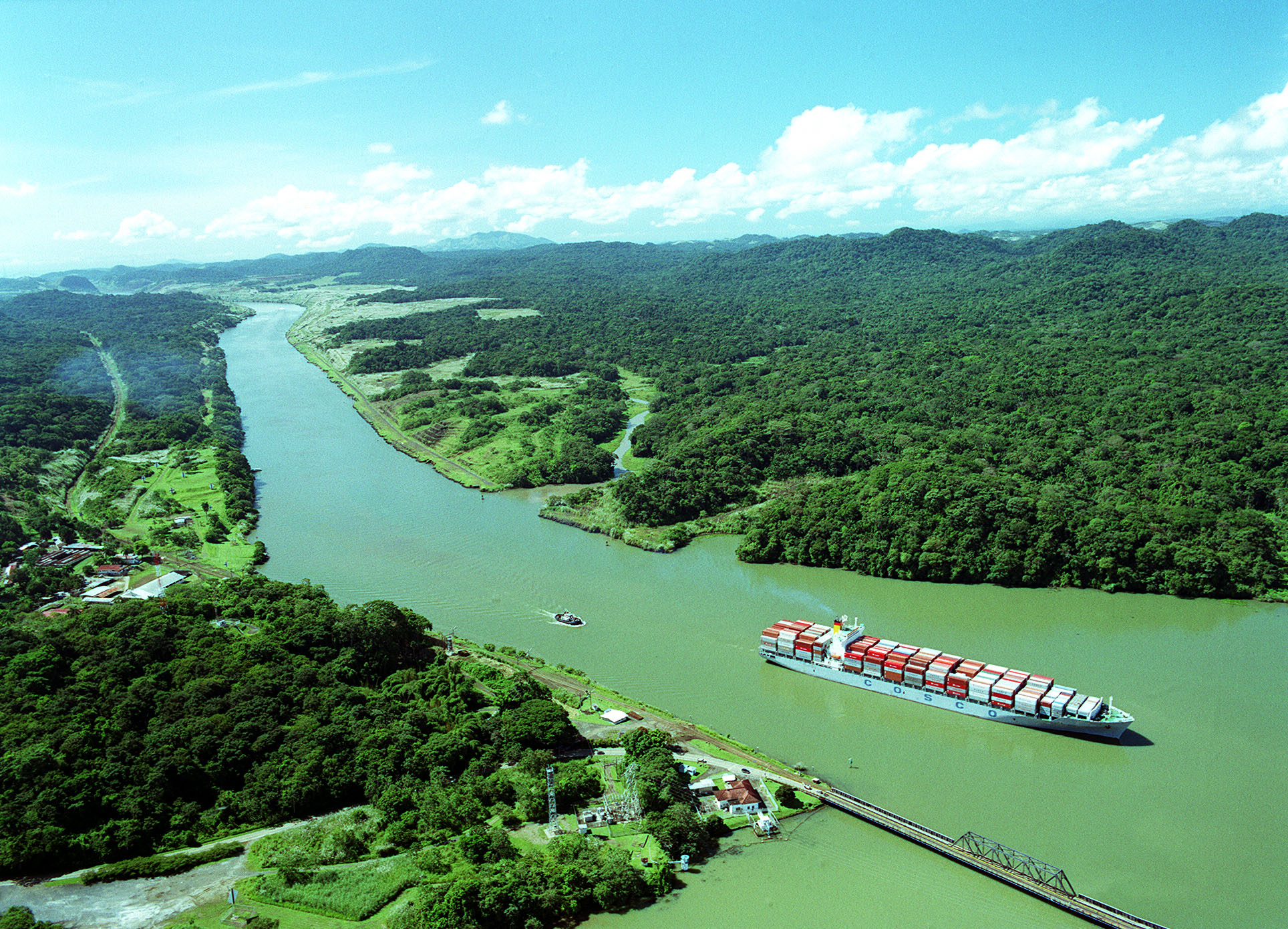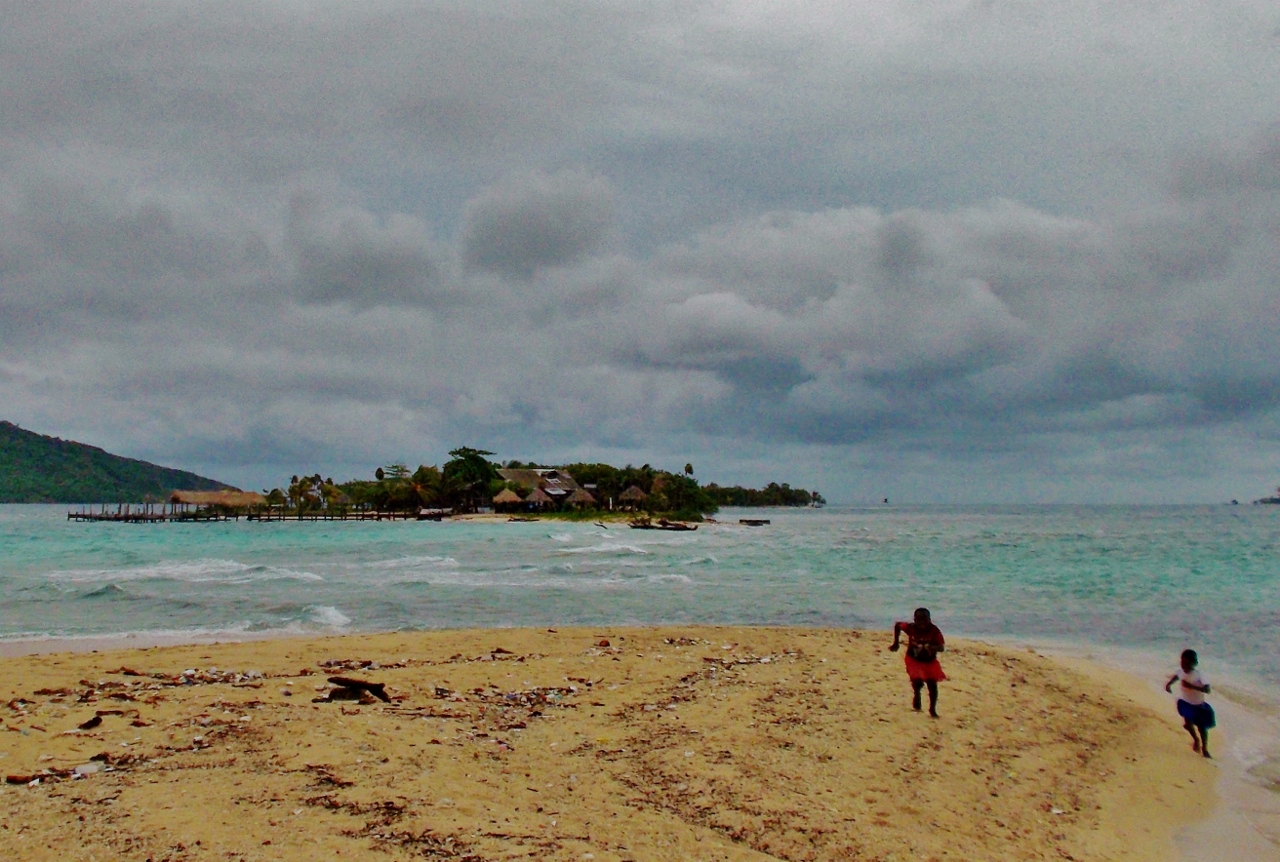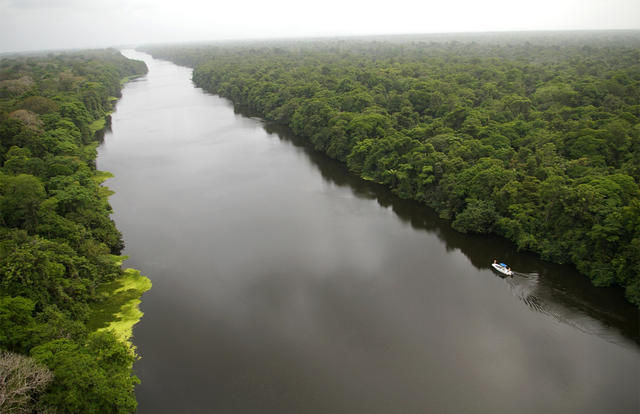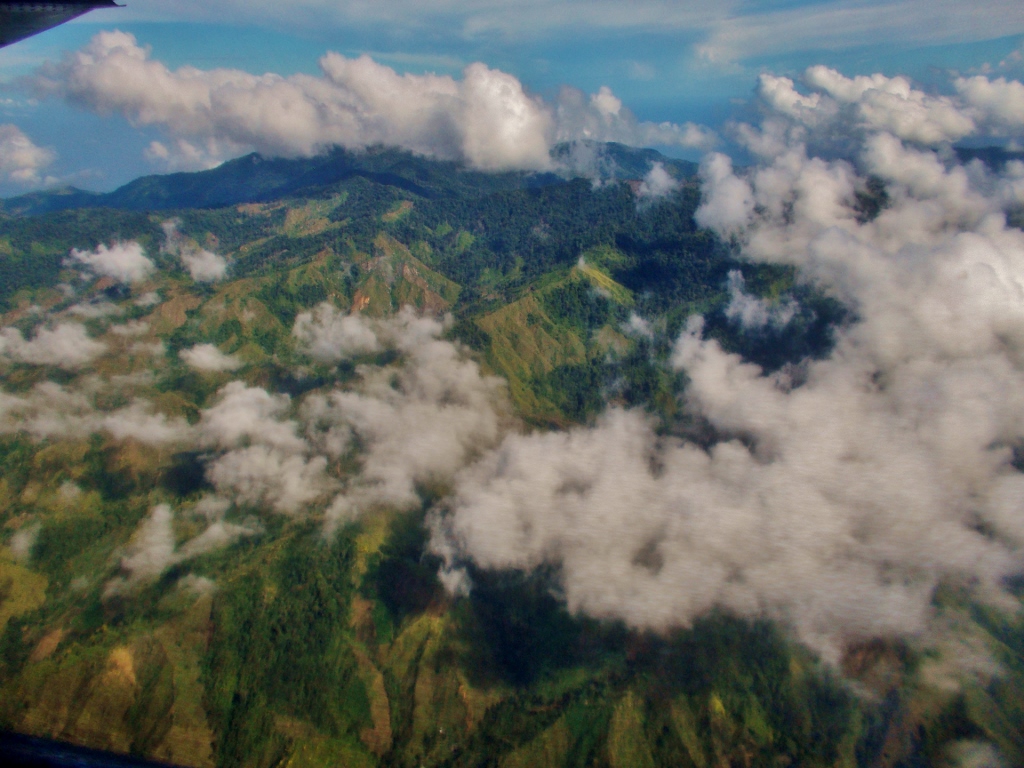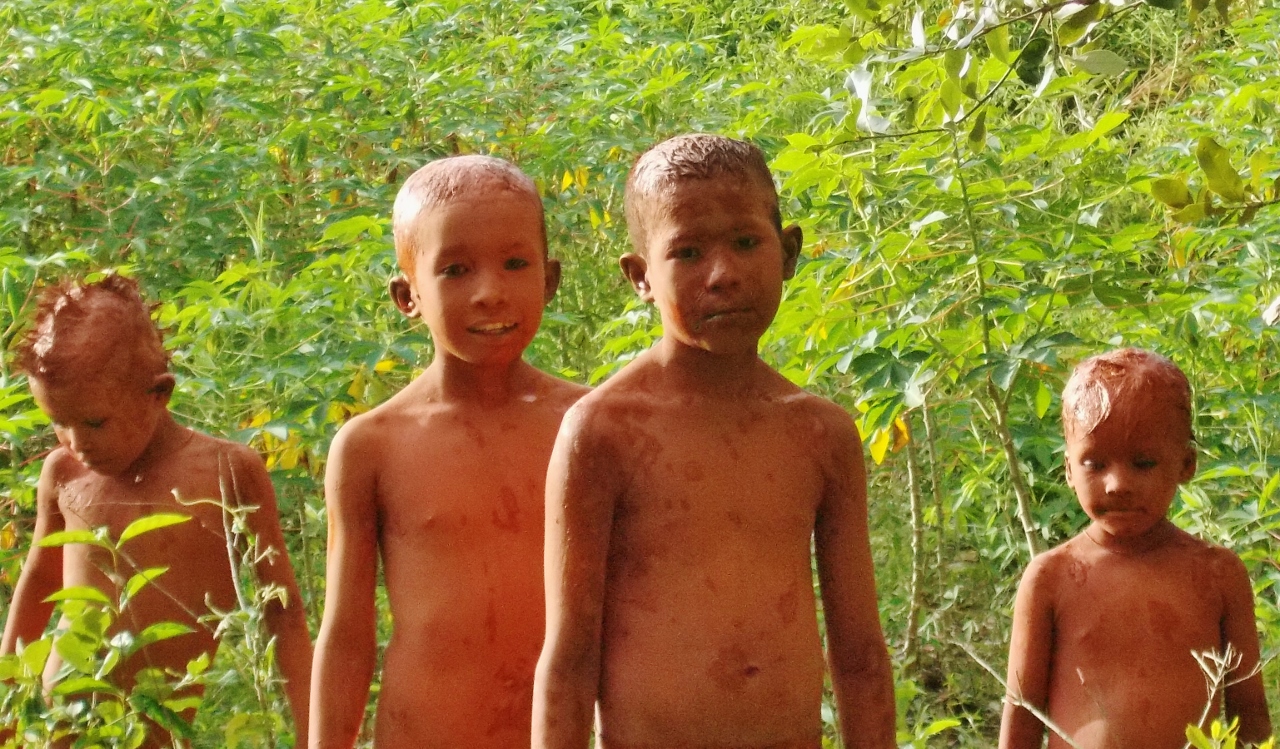As outbreaks of “crazy sickness” continue to afflict Nicaraguan Miskitu towns and villages, we revisit the story of the Duhindu of Kambla, or how the community overcame their first case of this “culture-bound syndrome,” blamed on the dark supernatural forces out of the wild bush.
Tag: Miskitu People
Miskitu Legend: The Mangoes of the Dead
A story from the Nicaraguan Miskitu People about the mango trees planted to feed the dead in the cemetery, and the fear of stealing the ripe fruits.
Jack Eidt on the Nicaraguan Canal and Trans-Amazonian Railway
Jack Eidt of WilderUtopia spoke on the dangerous race for global control by the Chinese through mega-development projects such as the Gran Canal of Nicaragua and the Trans-Amazonian Railway, both with major human rights, ecological, and indigenous sovereignty consequences.
Drilling in the Caribbean: Honduran Indigenous Communities Speak Out
In 2013, the Honduran government granted BG Group oil and gas exploration rights in a 35,000 square kilometer block off the Caribbean Coast of the Moskitia. Miskitu and Garifuna community leaders, in the absence of organized support from environmental NGOs and scientists, are speaking out to defend their territories from oil and gas activity.
Great Canal of Nicaragua: Environmental Ruin and Fiscal Folly
A planned 300-kilometer Nicaraguan canal joining the Pacific and Atlantic Oceans could wreak environmental and cultural ruin, home of the Miskitu and other indigenous groups. Sam Gordon argues that many of the issues and impacts are hidden from public view and should require an independent environmental assessment.
Honduras: Narcotrafficking Leads to Native Dispossession, Deforestation
In the isolated region of La Mosquitia, Honduras, narco-traffickers act as shock troops in the assault on native Miskitu, Tawahka, and Pech homelands, ruthlessly dispossessing residents and rapaciously converting forest commons to private pasture primed for sale to multinational corporations.
Blessing for La Moskitia, A Culture and Land in Transition
Historically a roadless fishing port with little development nor electricity, Puerto Lempira has transformed into a boom-town, host to drug traffickers, nearby military bases, and oil and gas development. In an effort to overcome this adversity, we participated in a blessing for the people and their land and culture in transition, directed by a local Miskitu sukya, or healer, and members of the community.

